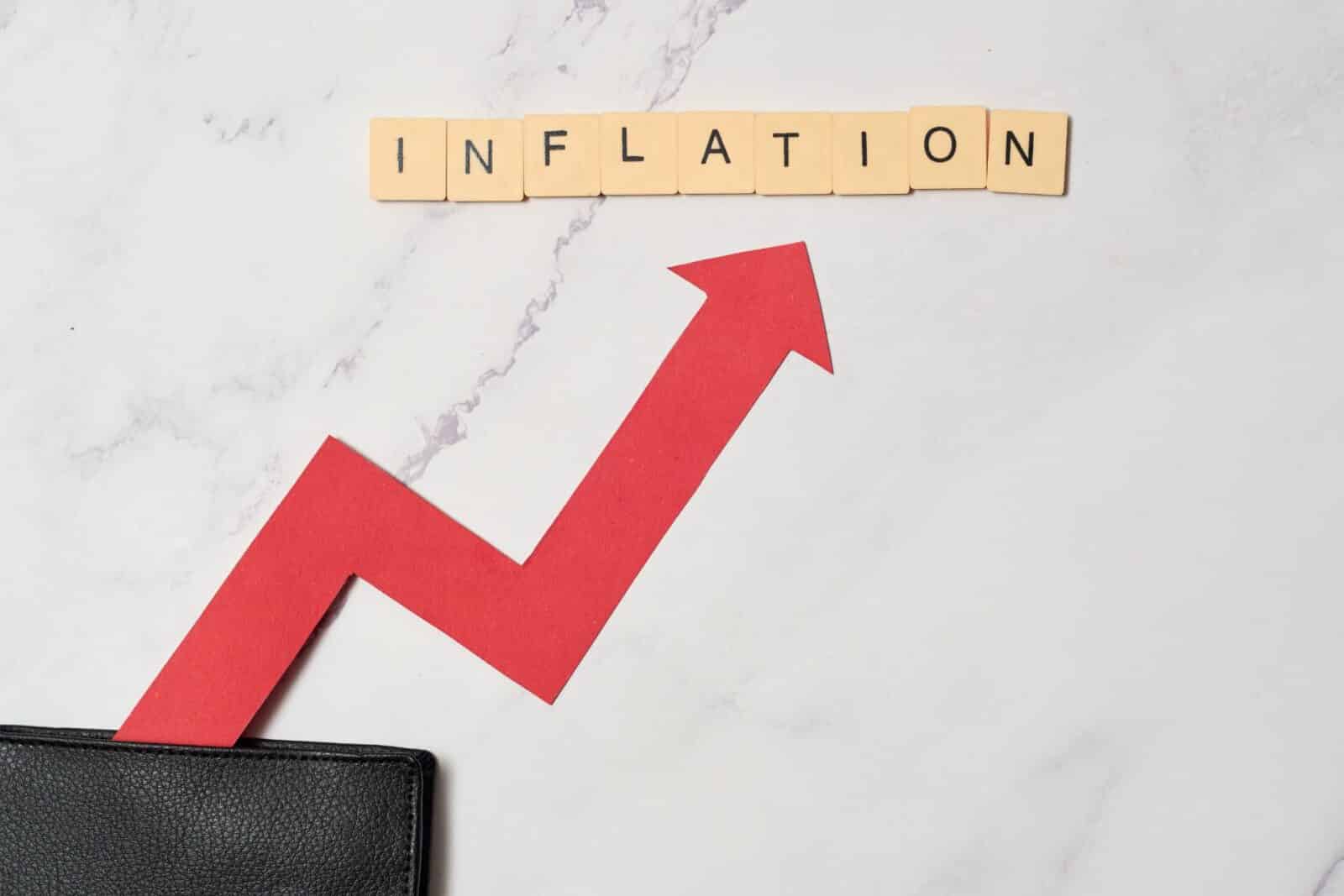The Inflation Reduction Act, signed into law by President Biden on Aug. 16, is a landmark initiative in the fight against climate change, offering substantial tax credits and rebates to consumers making environmentally conscious choices. While some benefits are immediate, others come into play in 2023 or later. Here’s a comprehensive guide on when and how to claim these incentives.
1. Electric Vehicle Tax Breaks: Deciding the Right Time to Buy
The Act brings exciting prospects for electric vehicle (EV) enthusiasts. New EV buyers can avail themselves of a tax credit up to $7,500, while used EVs qualify for up to $4,000. However, there are intricate timelines and requirements. Used vehicle purchases qualify for the federal tax break starting in 2023, available until 2032.
For new vehicles, the timing is more complex. In 2022, a pre-existing tax break for new EVs, also worth up to $7,500, is in effect. However, the Act introduces new rules starting in 2023, involving critical minerals, North American assembly, and sourcing requirements. Waiting until 2023 or later may open eligibility for General Motors and Tesla models, not qualifying in 2022 due to existing restrictions.
A significant change arrives in 2024, making the tax break an immediate point-of-sale discount, simplifying the process for consumers and making it more ‘consumer-friendly.’
2. Home Efficiency Upgrades: Tax Credits and Rebates
The Act provides two tax credits for homeowners implementing energy-efficient upgrades: the “nonbusiness energy property credit” and the “residential clean energy credit.” The former, a 30% tax credit worth up to $1,200 per year, covers upgrades like skylights and insulation. The latter, also a 30% tax credit, applies to renewable energy installations such as solar panels.
These credits cover projects completed by the end of 2032, with the residential clean energy credit being retroactive to the beginning of 2022. However, homeowners should plan and initiate projects early due to the time it takes to complete them.
Additionally, the Act introduces two rebate programs—up to $8,000 and $14,000—for clean energy and efficiency, respectively. These rebates, designed for upfront savings, may not be widely available until the second half of 2023 or later, depending on the Energy Department’s guidelines and state participation.
3. Energy Efficient Home Improvement Tax Credit: Warming Homes and Saving Money
The Energy Efficient Home Improvement tax credit, extended and enhanced by the Inflation Reduction Act, is a valuable resource for homeowners aiming to improve energy efficiency. Worth 30% of a project’s cost, up to a specified cap, this tax break assists in lowering both upgrade costs and future heating and cooling bills.
In conclusion, while the Inflation Reduction Act presents lucrative climate incentives, strategic planning is essential for consumers to maximize benefits. Whether considering an electric vehicle purchase or home efficiency upgrades, understanding the timelines and requirements is key to making the most of these financial incentives.
Related posts:
 Reduce Your Environmental Footprint: Simple Water Conservation Tips for Your Home
Reduce Your Environmental Footprint: Simple Water Conservation Tips for Your Home
 10 Precautions to Stay Safe During a Home Renovation
10 Precautions to Stay Safe During a Home Renovation
 Europe’s Housing Market Squeezed Amidst Cost-of-Living Crisis
Europe’s Housing Market Squeezed Amidst Cost-of-Living Crisis
 Increase in US Home Construction in 2023 Signals Robust Market Recovery
Increase in US Home Construction in 2023 Signals Robust Market Recovery
 2024 Military Housing Panel: Empowering Voices of Military Families
2024 Military Housing Panel: Empowering Voices of Military Families




